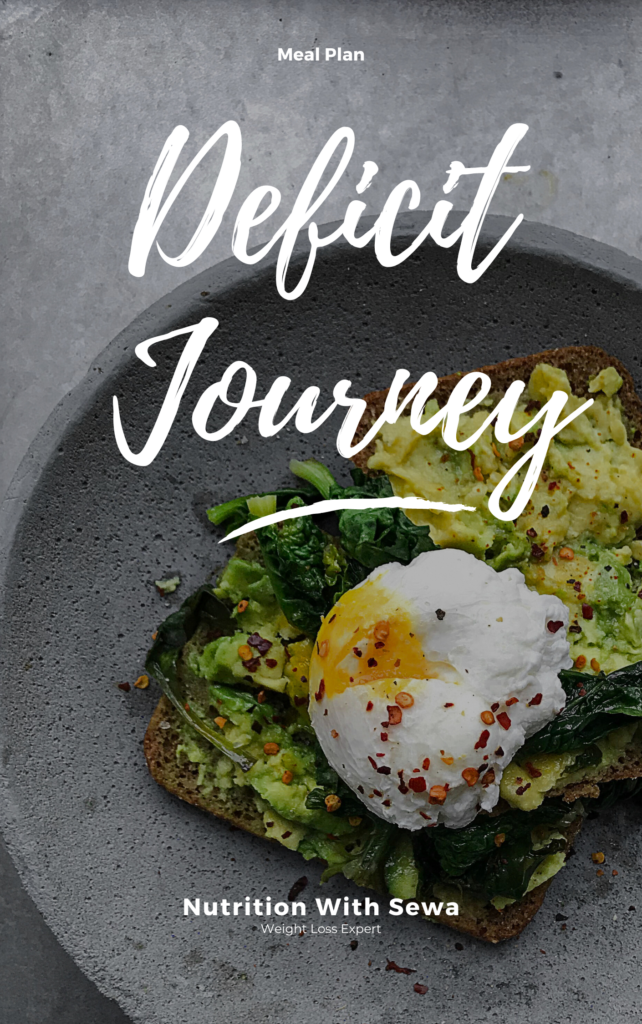Embarking on a diet or a healthier eating plan is a commendable endeavour, but it often comes with its own set of challenges. One of the most debated topics in the realm of nutrition and weight loss is the concept of ‘cheat meals.’ While some view them as a slippery slope leading to unhealthy eating habits, others see them as a vital part of a sustainable diet. Understanding the psychology behind cheat meals, their role in avoiding diet plateaus, and how to incorporate them effectively can provide a balanced approach to dieting.
The Psychology of Cheat Meals
Dieting, especially over long periods, can be mentally taxing. It often involves cutting out certain foods that you enjoy, which can lead to feelings of deprivation. This sense of deprivation can be counterproductive, as it may increase cravings for the forbidden foods and can even lead to binge eating. Cheat meals can offer psychological relief, giving dieters something to look forward to and helping them feel less restricted.
Breaking the Plateau
A common phenomenon in long-term dieting is hitting a plateau – a stage where you no longer see progress despite sticking to your diet. This can be due to metabolic adaptations; as you lose weight, your body requires fewer calories to function than it did at a higher weight. Incorporating a cheat meal can sometimes ‘trick’ the body, preventing it from adapting too much to a lower calorie intake and thus maintaining a higher metabolic rate. Introducing cheat meals, carefully planned indulgences, can help boost metabolism, disrupt adaptation, and kickstart progress again.
Avoiding Excessive Deprivation
Strict diets can be hard to maintain. The risk of falling off the wagon increases when you feel excessively deprived. Cheat meals can provide a scheduled break from this strictness, making the overall diet more manageable and sustainable in the long term. It’s a way of practising moderation, which is a key component of a healthy lifestyle.
Excessive deprivation often leads to cravings and a higher likelihood of giving in to them. Including carefully chosen cheat meals allows for small indulgences, satisfying cravings and preventing the feeling of being restricted. Moderation and balance are key when incorporating cheat meals into your diet.
Effectively Incorporating Cheat Meals
Plan Your Cheat Meals: Instead of impulsive cheating, plan your cheat meals. This gives you control over what and how much you eat, and you can look forward to them.
To make the most of cheat meals, plan them in advance and maintain portion control. Savour the experience, focus on the flavours, and enjoy the moment. Avoid overindulging, as it can lead to guilt and setbacks. Additionally, consider scheduling cheat meals strategically, such as after a challenging workout, to maximise their benefits.
Don’t Overdo It: A cheat meal doesn’t mean an all-out binge. Enjoy your favourite foods but in moderation. It’s about balance, not undoing all your hard work.
Maintain a Positive Mindset: Don’t associate guilt with your cheat meals. Enjoy them as part of your diet plan. A positive mindset is crucial for a healthy relationship with food.
Balance Your Diet: Ensure that your regular meals are balanced and nutritious. This makes cheat meals less about nutrient compensation and more about enjoying something different.
Understanding Starvation Mode
Starvation mode is a state where the body, in response to prolonged calorie restriction, reduces its energy expenditure to conserve energy. This can slow down weight loss and even lead to weight gain in the long run. Cheat meals can help in avoiding this state by periodically boosting calorie intake, signalling the body that it’s not in a famine situation.
Although real starvation takes severe conditions, consistently consuming too few calories can still trigger this response. Ensure you’re providing your body with enough nutrients and calories to avoid entering this state.
By understanding the psychology behind cheat meals, you can effectively navigate through diet plateaus, avoid excessive deprivation, and stay on track towards achieving your health and wellness goals. Cheat meals, when used strategically, can be a valuable tool in a successful and sustainable diet plan. They address the psychological aspects of dieting, help in breaking through weight loss plateaus, and prevent feelings of excessive deprivation. By planning and enjoying cheat meals in moderation, they can enhance, rather than hinder, your dietary goals.
Remember, the journey to a healthier lifestyle is not just about the physical changes but also about developing a harmonious relationship with food and eating.

